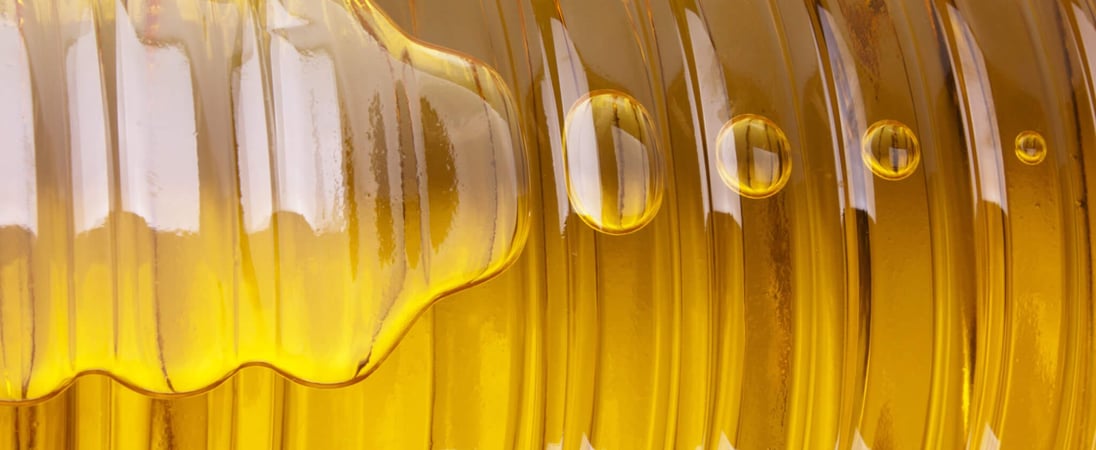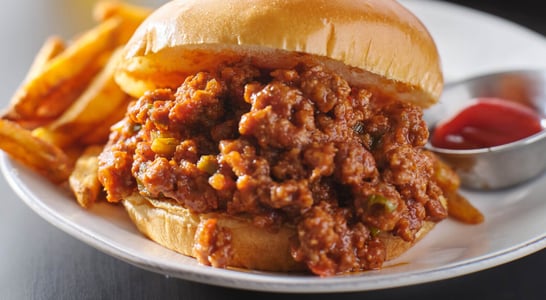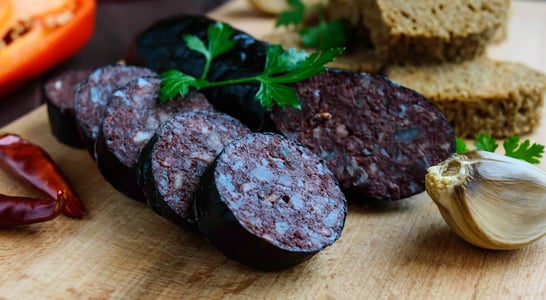
National Biodiesel Day
Fueling the future, this eco-friendly energy source gives cars a cleaner ride, making the planet and wallets smile.
Ethanol and biodiesel allow people to burn a cleaner form of energy.
Mark Kennedy
There was a time when the world ran on petroleum fuels, or fossil based fuels as they’re called. It’s been a long time since anyone seriously discussed an alternative or produced something that could actually make a difference.
That day has finally come in the form of Biodiesel, and National Biodiesel Day celebrates the newest form of fuel that allows you to both drive with a clean conscience and surrounded by the amazing smell of French fries!
History of National Biodiesel Day
Biodiesel is an amazing substance that has the great quality of being made from old, used vegetable and animal oils.
It’s made by processing the oil with alcohol to produce a fuel that’s capable of burning and powering everything from a passenger bus to a heating unit, turning left-over oil to a powerful new way to get around town.
Biofuel isn’t really a new concept, at least the technology that makes it isn’t a new concept. The process, known as transesterification, was actually first done in 1853 by a man by the name of Patrick Duffy.
This was long before the first diesel engine was produced, and at the time there wasn’t a practical application for this new development.
That changed in 1893 in Augsburg, Germany, when Rudolf Diesel’s first diesel model was produced, and was running on pure peanut oil.
It’s worth noting that Diesel hadn’t intended his device to run on peanut oil, but when it was presented at the Paris Exhibition in 1900, it was done by request of the French government.
In spite of our initial statement, there have been discussions on the subject of plant based fuel to replace petroleum oils as early as the 1920’s and 1930’s. They just never made it into the mainstream, and certainly never managed to gain enough traction to cause the kind of movement we’re seeing today.
How to Celebrate National Biodiesel Day
The best way to celebrate National Biodiesel Day is to explore the technology that is Biodiesel. Look into local suppliers, how it’s made, and the impact it has on your environment.
You may be pleasantly surprised to discover that it’s easily available and will leave you with a clean conscience as you travel down the road to your destination.
Even better, there are conversion kits to turn any car into a biodiesel fueled vehicle, who knows, you may even decide it’s time for a change!
National Biodiesel Day FAQs
What surprising role did French fries play in biodiesel development?
Used cooking oil from foods like French fries can be recycled into biodiesel.
This process not only reduces waste but also creates renewable fuel. Fast-food chains in some countries contribute significantly to biodiesel production by donating their waste oil.
Does biodiesel exhaust really smell different?
Yes, biodiesel exhaust sometimes carries a unique aroma depending on the feedstock.
For instance, biodiesel made from certain oils can make vehicle exhaust smell like popcorn. This quirky detail often surprises first-time users.
Can biodiesel be sourced from unexpected materials?
Biodiesel can be made from algae, a highly efficient source that grows rapidly and doesn’t compete with food crops. It offers an eco-friendly alternative to traditional sources like soybeans and palm oil.
Are there any lesser-known ways to celebrate National Biodiesel Day?
Some enthusiasts organize biodiesel-powered road trips to raise awareness about its environmental benefits.
Others host workshops where participants learn to make small batches of biodiesel at home using used cooking oil.
Does biodiesel really improve engine performance?
A common myth is that biodiesel reduces performance. In reality, biodiesel often improves engine lubrication, which can extend the life of diesel engines.
Many drivers report smooth performance with biodiesel blends.
How does biodiesel production affect farmers?
Increased demand for biodiesel has created new markets for crops like soybeans. Farmers benefit from this additional revenue stream, especially in regions where agricultural markets have struggled.
What’s the quirkiest way people promote biodiesel?
Some advocates showcase biodiesel’s versatility by running unconventional vehicles, like vintage tractors or boats, on biodiesel.
These demonstrations often happen during agricultural fairs or sustainability festivals.
Are there biodiesel-related misconceptions about pollution?
Many think biodiesel is pollution-free, but it does emit carbon dioxide.
However, the emissions are significantly lower than petroleum diesel, and the plants used to make it often absorb equivalent amounts of CO2 during growth.
Did Rudolf Diesel have a deeper vision for renewable energy?
Rudolf Diesel wasn’t just an inventor; he was also a visionary. He believed that farmers could grow their own fuel crops, empowering rural communities.
His early experiments with peanut oil hinted at a sustainable energy future, long before renewable energy became a global focus.
How do some countries uniquely embrace biodiesel?
In Brazil, a country known for its focus on biofuels, biodiesel blends are mandatory in diesel fuels.
Similarly, Germany celebrates its biodiesel advancements by hosting eco-driving events, where participants use fuel-efficient vehicles to raise awareness about alternative energy sources.
Also on ...
View all holidaysNational Sloppy Joe Day
This classic sandwich will have you licking your fingers! The tangy sauce mixed with savory meat on a soft bun is a crowd-pleaser.
Global Recycling Day
From trash to treasure, give your waste a new lease on life! Contribute to a better future with the power of recycling.
National Black Pudding Day
Savoring blood sausage connects taste buds to rich culinary traditions, blending savory notes that captivate discerning palates.




